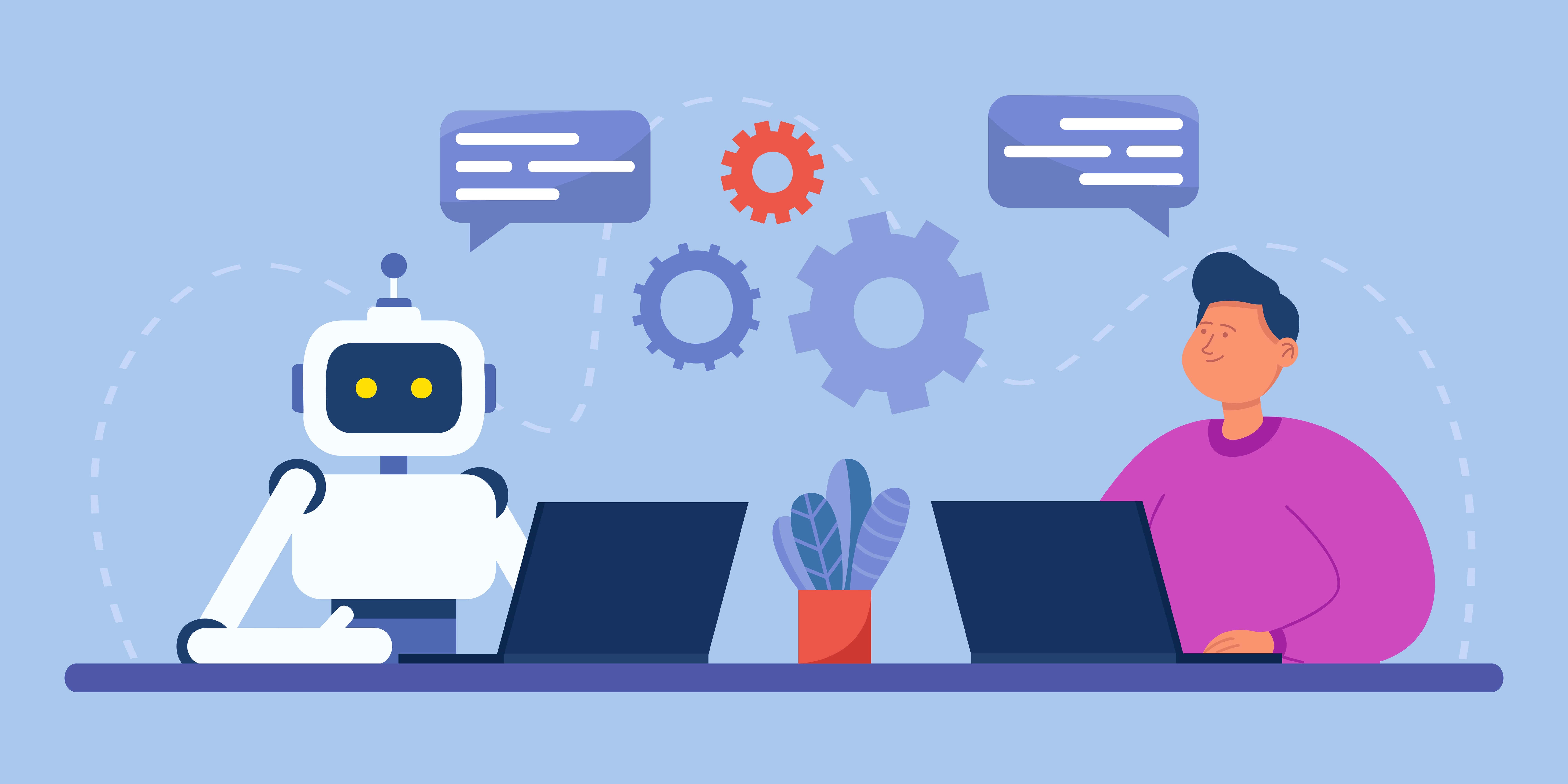Chatbots: The Future of Customer Interaction
epagestore / April 24, 2023

In the age of digitalization, businesses are constantly looking for ways to enhance their customer experience and streamline their operations. One of the latest and most popular solutions for this is the use of chatbots. A chatbot is a computer program designed to simulate human conversation through text or voice interactions. It can be used for a variety of purposes, including customer support, lead generation, and sales.
The use of chatbots has become increasingly popular in recent years, thanks to advancements in artificial intelligence (AI) and natural language processing (NLP) technologies. With the ability to learn from past conversations and adapt to new ones, chatbots are becoming more sophisticated and capable of handling complex queries.
One of the most significant advantages of using chatbots is that they can provide 24/7 customer support. Unlike human agents, chatbots can handle an unlimited number of customers simultaneously, without getting tired or making mistakes. They can also respond to customers instantly, providing quick and efficient solutions to their queries. This results in increased customer satisfaction and loyalty.
Chatbots are also highly cost-effective. Since they don't require a physical presence, they can be deployed across multiple platforms, including websites, messaging apps, and social media platforms. This reduces the need for human resources and infrastructure, resulting in significant cost savings for businesses.
Another advantage of chatbots is that they can provide personalized experiences to customers. By analyzing customer data and behavior patterns, chatbots can offer tailored recommendations and solutions to their queries. This helps in building long-term relationships with customers and increasing brand loyalty.
Despite the numerous advantages, there are some limitations to chatbots. One of the biggest challenges is their inability to handle complex queries that require human intervention. In such cases, chatbots can transfer the conversation to a human agent, but this can result in delays and a poor customer experience.
Another challenge is the need to constantly update and train chatbots to ensure they remain relevant and effective. With advancements in AI and NLP technologies, chatbots are becoming more sophisticated and capable of handling complex queries. However, businesses need to invest in regular updates and training to keep up with the latest trends and customer expectations.
In conclusion, chatbots are revolutionizing the way businesses interact with their customers. With their ability to provide 24/7 customer support, cost-effectiveness, and personalized experiences, chatbots are becoming a must-have for businesses looking to stay competitive in the digital age. While there are some limitations, the advantages of chatbots far outweigh the challenges. It is safe to say that chatbots are the future of customer interaction.